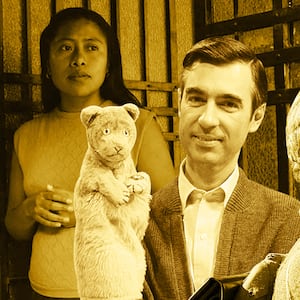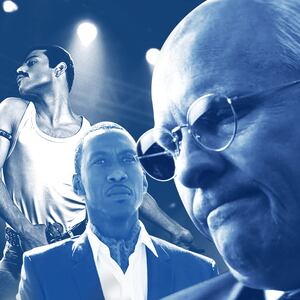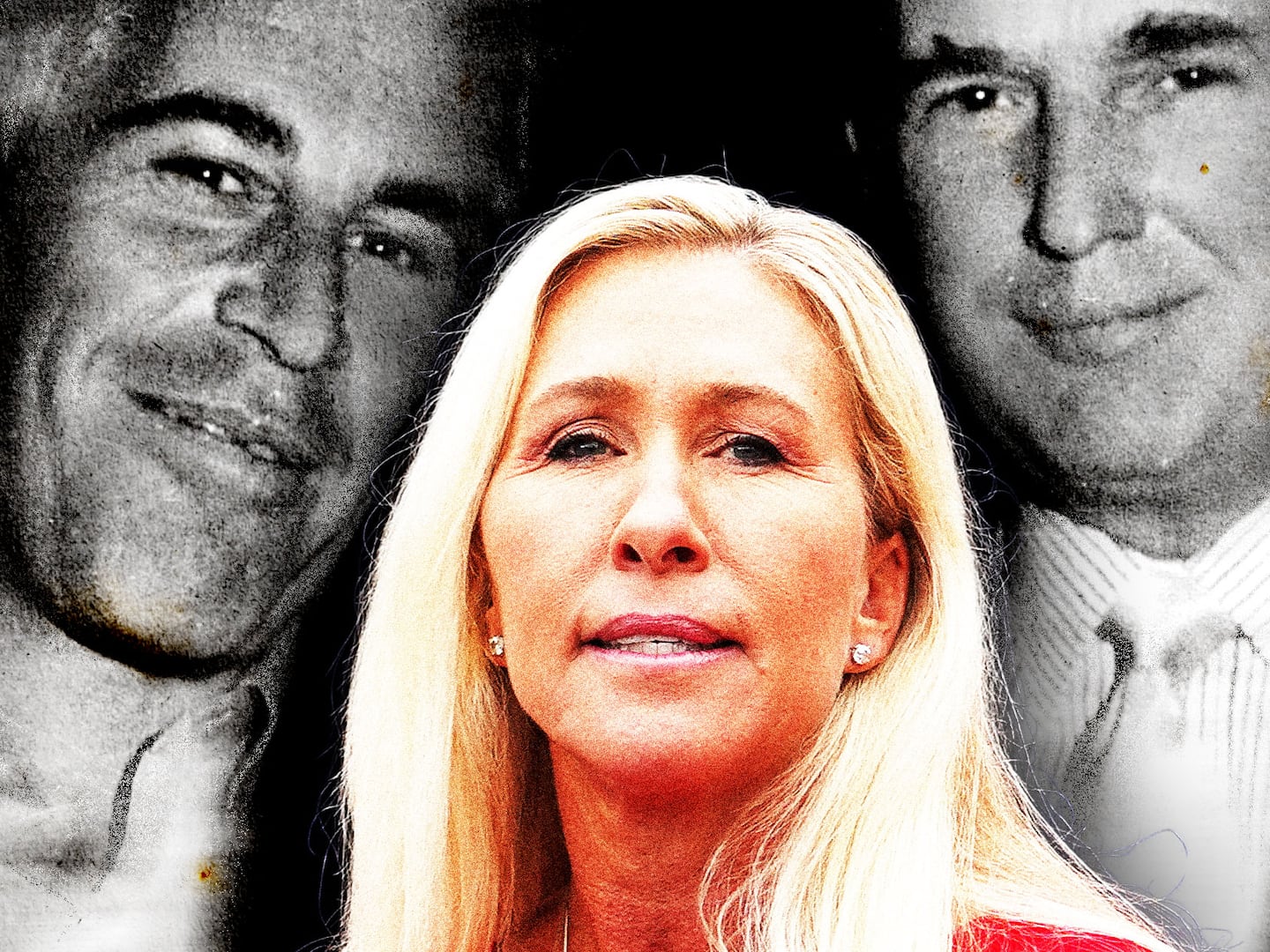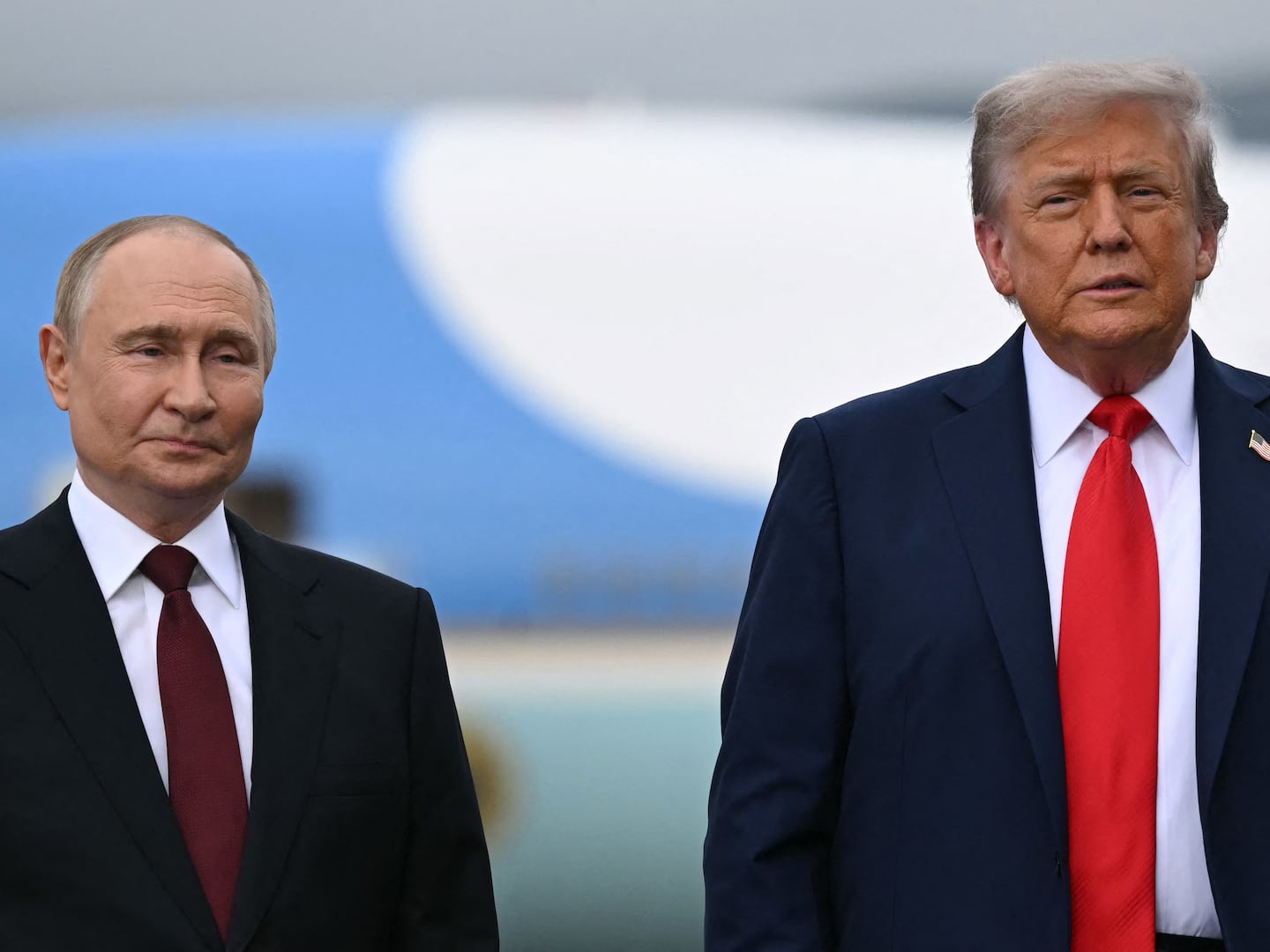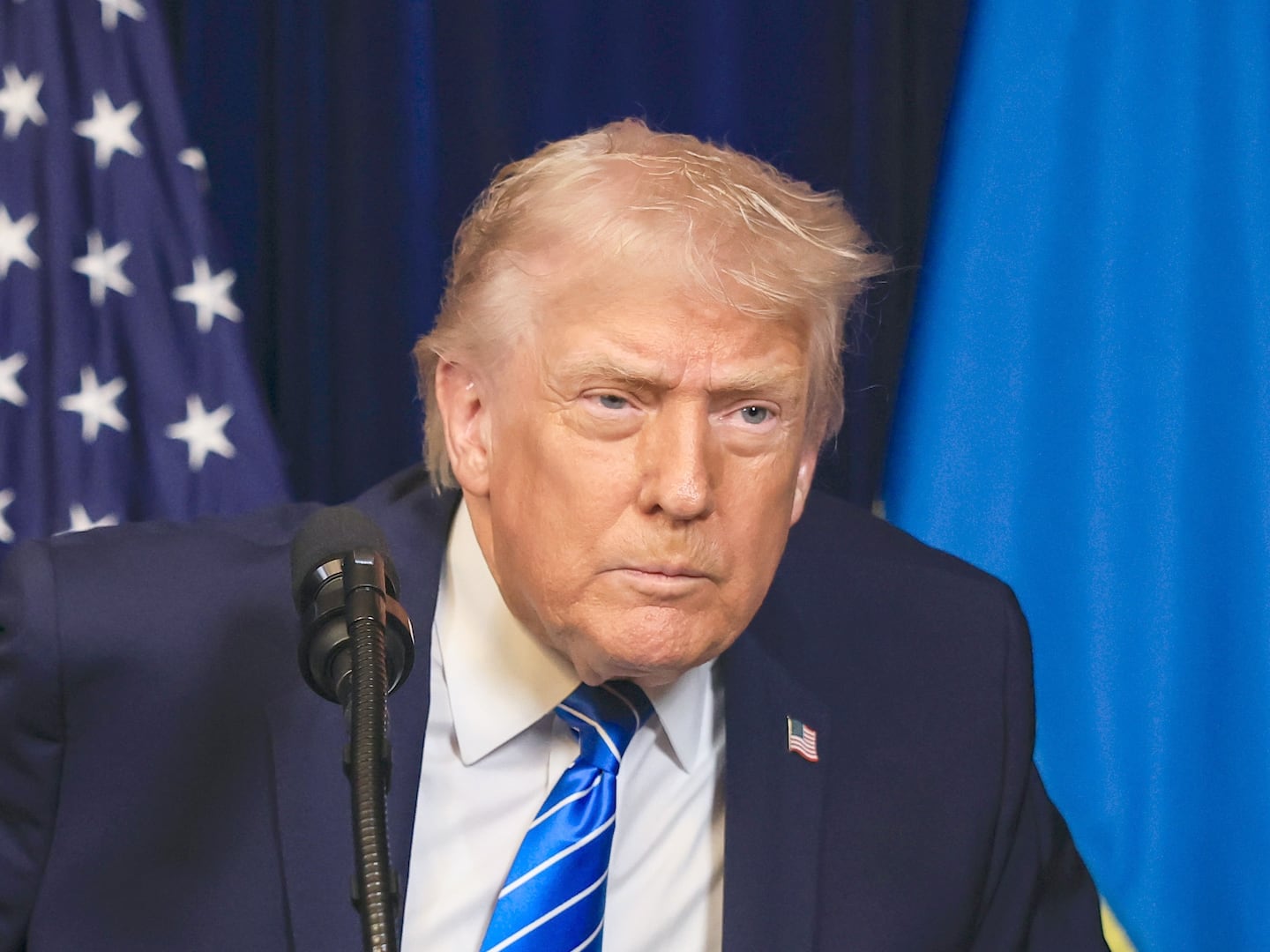The last time the Oscars aired without a host, it was 1989, and the ceremony opened with Rob Lowe and an actress dressed as Snow White performing a duet of “Proud Mary.” It is widely considered to be the worst telecast in Oscars history, which should not come as a surprise to anyone who just read the previous sentence.
Given the conveyor belt of controversies and humiliating flip-flopping leading up to this year’s Academy Awards, Snow White showing up at this year’s ceremony would be a welcome delight. Maybe she could present an award to a cinematographer.
The Academy wisely reversed the most outrageous of its many ham-handed changes by agreeing that four categories—cinematography, film editing, live-action short, and makeup and hairstyling—will no longer be relegated to commercial breaks and will instead air live as usual, reacting late Friday to the intense and nearly uniform backlash to what most felt was a disrespectful decision.
It’s yet another head slap that may leave a permanent bruise not only on next Sunday’s telecast, but on what is considered to be the most respected awards organization.
A series of decisions made by both producers of ABC’s telecast and the Academy—from the host to cutting categories from the live telecast and ending several long-held traditions—has created a sense of chaos and ill-will toward the show. It has transformed the usual excitement into a palpable sense of frustration and, from some members of the industry, even dread.
All in the name of keeping the telecast to a concise three hours and staving off a ratings decline suffered by all live TV events—problems of varying degrees of merit and questionable solvability.
Through big and frantic changes, the Academy has alienated members of the industry, angered members of certain branches, confused the very viewers they’re attempting to court, put the relevance of one of the most hallowed institutions in question, and generally embarrassed itself, repeatedly. With each successive decision, and then the backtracking from that decision, the Academy has telegraphed incompetence and insecurity, conversations that have drowned out nearly all talk about the worthiness of this year’s nominees and the art the show is meant to reward.
This idea that there is some way to “fix” the Oscars is a fallacy amplified each year by cranky critics. By and large, the telecast doesn’t need much fixing, and certainly not in the baffling ways the Academy has proposed. To a world of potential viewers deciding whether or not to tune into this year’s telecast, the prevailing message this has all sent is that next Sunday’s Oscars will be a disaster.
The most recent development—following botched attempts at instituting a patronizing Best Popular Film category, hiring Kevin Hart as a host (and then possibly courting him back after he resigned?), failing to honor the tradition of the previous year’s acting winners passing the baton, and limiting the number of Best Original Song nominees permitted to perform—is the Academy reversing its decision to not present certain categories live during the telecast.
The very notion was absurd. Four categories integral to filmmaking were deemed unimportant enough by the Academy to not air live during a ceremony meant to honor filmmaking. It insulted branch members and angered their allies in the industry. According to clarifications the Academy was forced to make in response, the winners’ speeches would have aired as a montage at a later point in the show to eliminate the time it takes to walk to and from the stage.
Congrats, producers, on the roughly two minutes you were going to save by cutting a cinematographer’s walk to the microphone.
Understandably, the clarification did little to quell the industry’s anger, articulated individually all over social media and then in a collective letter to the Academy signed by the likes of Brad Pitt, George Clooney, Robert De Niro, Sandra Bullock, Kerry Washington, Spike Lee, and Alfonso Cuarón, the latter two nominees in several major categories this year.
“Since its inception, the Academy Awards telecast has been altered over time to keep the format fresh, but never by sacrificing the integrity of the Academy’s original mission,” the letter said. “When the recognition of those responsible for the creation of outstanding cinema is being diminished by the very institution whose purpose it is to protect it, then we are no longer upholding the spirit of the Academy’s promise to celebrate film as a collaborative art form.”
The letter is right: The very idea wasn’t just demeaning to the professionals in those four respective fields. It tarnished the significance of the statue for everyone. The decision has been reversed. But the message has been sent.
So now, rather than a telecast that dances between entertaining and profound—with the appropriate amount of self-congratulation mixed in—next week’s Oscars is shaping up to be one that plays in front of an audience full of disdain.
The whole thing is like a birthday party thrown by someone who hates the guest of honor. And also all the other invited guests. And they all hate the host, too. What fun!
There is an obvious panic about ratings behind so many of these decisions. But that panic is misplaced.
It is true that there are widely recognized personalities that translate into piqued interest and anticipation for the ceremony, thinking about Ellen DeGeneres as a recent choice, and even the hiring of Kevin Hart especially. But it’s hard to fathom the notion that anybody who is not already interested in tuning into an extremely long awards ceremony honoring films and filmmakers that a majority of the public hasn’t seen and/or heard of is suddenly going to change their mind because a certain comedian was named host.
And about that extremely long ceremony. Yes, the length of the Oscars telecast has been a perennial joke, to the extent that most ceremonies incorporate joking about it into the show. But, you know what? The Oscars should be long. It posits itself as the most important night in entertainment, concluding an increasingly endless awards season. It tracks that something so hallowed should take its time on its victory lap.
In 2002, the Oscars telecast lasted 4 hours and 23 minutes, the longest in history. It was viewed by 42 million people. Last year, the ceremony ran 3 hours and 53 minutes and, yes, was the lowest-rated Oscars ever. But it was only six minutes longer than the 1998 ceremony, which was the most-watched in history.
That ratings have dipped to a fraction of that in the years since isn’t because audiences suddenly think that the 4-plus hour ceremony they had been tuning dutifully into for decades is too long and thus they will never watch it again. It is because ratings for all live TV shows have declined, and a culture splintered between so many entertainment options means that big, monolithic events like the Academy Awards appeal to fewer people. Cutting a cinematographer’s walk to the podium wasn’t going to change that.
And while the Academy has reversed its decision to banish categories to commercial breaks, that the move was even on the table in the first place reflects an utter lack of understanding of what the telecast is and, more, what audiences actually want from it.
During the annual griping over the telecast—one Oscars tradition that, no matter what the Academy does, will never change—no one ever says, “I wish they hadn’t shown that hardworking filmmaker’s emotional speech.” They say, “Gee, did Jimmy Kimmel really need to do that interminable bit with L.A. tourists,” and, “Maybe Neil Patrick Harris didn’t need to take up so much time with that magic trick.” It’s the euphoria and the unscripted humanity that make the Oscars special, not the stunts. To think the opposite is maddening.
As the Academy finds itself in a position of having to flip-flop every big stance it’s taken, and suffer the public relations nightmare that entails, it’s looking more and more foolish that it’s in this, of all years, it’s made these moves.
Historically, the more diverse the nominations, the higher the Oscars ratings. This year, Black Panther, Roma, BlacKkKlansman, Green Book, and If Beale Street Could Talk figured into major nominations and historic wins.
The assumption that viewership tends to be higher when popular blockbusters are nominated is responsible for several Academy tweaks, from expanding Best Picture to floating the idea of Best Popular movie. In a rarity, this year’s ceremony needn’t have worried about that. Black Panther, Bohemian Rhapsody, and A Star Is Born were all massive hits, and multiple nominations for all of them means that Hollywood’s biggest stars would be at the ceremony in support.
How ironic that the Academy tried to make all of these changes to the ceremony in a play to make the telecast more appealing to a wide audience, when members’ voting had already done the work to make the nominees and ceremony more attractive on its own, no jumping through hoops necessary.
In the end, there are all these debates and strong feelings about these changes to the ceremony because of the fact that so many people in the industry and who watch the telecast at home, the very people the Oscars seems to think it’s losing, still have so much respect for the awards and what they represent. It would be nice if the Academy had the same.


